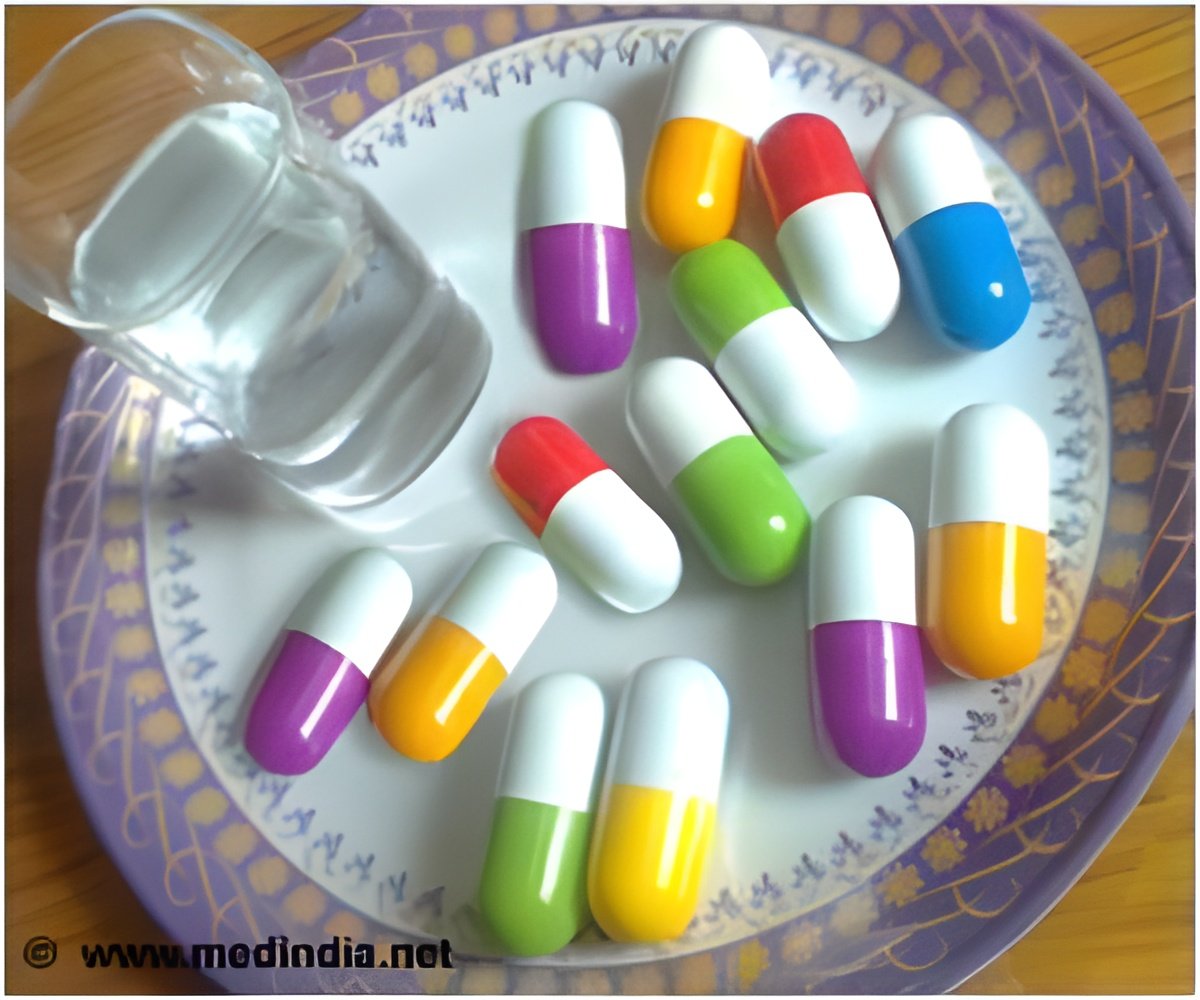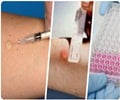Antibiotic stewardship is increasingly being focused upon given the fact that the pipeline for new drugs seems to have dried up.

"We know that time is the enemy when dealing with serious infections," noted George Goedesky, Executive Director of Marketing/ Business Development. "This study demonstrates that reducing the time to diagnosis and optimal treatment through use of a rapid and accurate pathogen identification system, such as the MALDI Biotyper, when integrated into a comprehensive antibiotic stewardship program, improves patient care while significantly reducing length of stay and total costs."
The authors from The Methodist Hospital in Houston Texas set out to assess how patient care could be improved and cost savings achieved by a combination of rapid pathogen identification and a systematic approach to antimicrobial stewardship. Study patients with gram-negative blood infections were assigned to either routine care or to the intervention program, which included rapid pathogen identification and immediate antimicrobial susceptibility testing using the MALDI Biotyper, along with protocols for timely communication of results to inform therapeutic decisions.
The study authors report that in the pre-intervention period, final pathogen identification and susceptibility results took on average 47.1 hours, and in the intervention period, final results took 24.4 hours on average. The mean time to organism identification was 36.6 hours in the pre¬-intervention group versus 10.2 hours in the intervention arm. The mean length of stay in the pre-intervention group was 11.9 days with a mean hospital cost of $45,709. In the intervention group, length of stay averaged 9.3 days at an average cost of $26,162.
Patricia Cernoch, Manager of the Microbiology Laboratory at Methodist Hospital and a study co-author, commented, "At a time when pressures to reduce costs while improving patient care are escalating, we are delighted to show that combining a rapid and accurate pathogen detection system such as the MALDI Biotyper with common sense improvements in communication and treatment protocols produced such positive results for both patients and the hospital. We look forward to helping to implement similar programs throughout our system."
The MALDI Biotyper is the market-leading system for microbial identification based on MALDI-TOF mass spectrometry. It is widely used in clinical microbiology, industrial microbiology, animal health and food safety and has become the laboratory standard for next generation microbial identification. The Biotyper system covers a broad range of more than 4,600 microbial isolates from gram-negative bacteria, gram-positive bacteria, yeasts, multi-cellular fungi and mycobacteria. Microbial identification with the MALDI Biotyper uses a proteomic fingerprint and allows for instantaneous identification of colonies from a plate. This unique species-specific pattern is automatically compared with reference spectra in the MALDI Biotyper library. In addition, the MALDI Biotyper supports the Open Microbiology Concept which allows customers to generate their own database entries from regional isolates.
Advertisement
Source-Eurekalert










